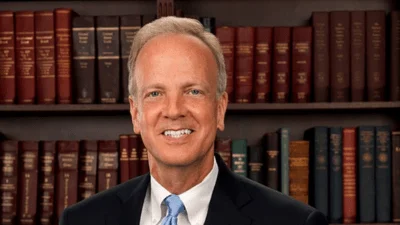(WASHINGTON, D.C.) Today, U.S. Senator Max Baucus, Ranking Member of the Senate
Finance Committee, issued the following statement regarding the World Trade Organization’s
(WTO) ruling between United States cotton farmers and Brazil. The statement follows:
“I am disappointed that the WTO Appellate Body has rejected the U.S. appeal in Brazil's
challenge of the U.S. cotton program. Beyond the questionable conclusions in favor of Brazil,
the dispute panel's decision was overly broad, reaching into elements of U.S. farm policy that
should have been beyond the scope of its review.
I was greatly disappointed that Brazil chose to challenge before the expiration of the
peace clause, particularly as the Doha agriculture talks were struggling to find stable ground.
This case seemed designed to challenge important aspects of U.S. farm policy outside of
negotiations so that Brazil could achieve its objectives without any give and take.
The fairest and most effective way to reform global agriculture policies is to negotiate a
multilateral agreement in the Doha Round. The United States remains committed to those
negotiations, and I remain committed to supporting our negotiators and a comprehensive Doha
agreement." (WASHINGTON, D.C.) Today, U.S. Senator Max Baucus, Ranking Member of the SenateFinance Committee, issued the following statement regarding the World Trade Organization’s(WTO) ruling between United States cotton farmers and Brazil. The statement follows:
“I am disappointed that the WTO Appellate Body has rejected the U.S. appeal in Brazil'schallenge of the U.S. cotton program. Beyond the questionable conclusions in favor of Brazil,the dispute panel's decision was overly broad, reaching into elements of U.S. farm policy thatshould have been beyond the scope of its review.
I was greatly disappointed that Brazil chose to challenge before the expiration of thepeace clause, particularly as the Doha agriculture talks were struggling to find stable ground.This case seemed designed to challenge important aspects of U.S. farm policy outside ofnegotiations so that Brazil could achieve its objectives without any give and take.
The fairest and most effective way to reform global agriculture policies is to negotiate amultilateral agreement in the Doha Round. The United States remains committed to thosenegotiations, and I remain committed to supporting our negotiators and a comprehensive Dohaagreement."









